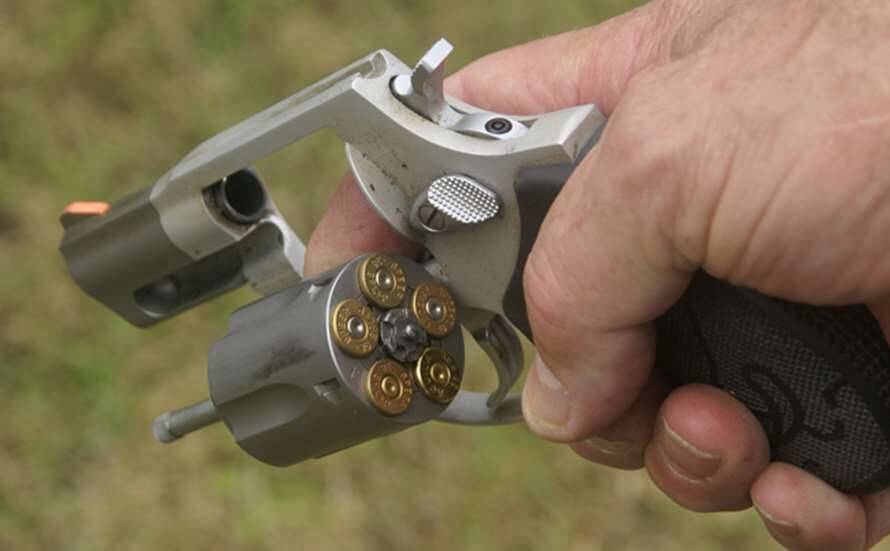From Savanna to Simulator: Defense Training Insights
In the wild, lion cubs engage in playful activities such as wrestling, chasing, and mock hunting. While this may appear to be simple entertainment, it’s actually vital training for their survival. Through play, lion cubs hone essential skills like coordination, situational awareness, and strategic thinking, which are critical for their roles as apex predators. In a similar way, defenders—whether self-defenders, military personnel, or law enforcement officers—can develop their skills through immersive training scenarios, such as those offered at the Strategic Defense Academy.
Lessons from Lion Cubs
Just as lion cubs use play to prepare for their roles within the pride, training scenarios allow defenders to develop critical skills in a safe and controlled environment. Here are five ways lion cub behavior draws parallels to advanced training opportunities:
1. Realism with Low Risk
Lion cubs mimic hunting behaviors—stalking, pouncing, and reacting to moving targets—during play, all without the dangers of a real hunt. Similarly, both simulation-based training and shoot house exercises immerse defenders in realistic scenarios, such as active threats or de-escalation encounters, without the real-world risks. These setups enable participants to experiment with techniques and strategies while building confidence in their abilities.
2. Building Muscle Memory
Through repetitive motions like swatting and dodging, lion cubs develop instinctual responses. Likewise, repetitive drills within training simulations and shoot houses help defenders establish muscle memory for critical actions, such as drawing a weapon, clearing rooms, and maintaining situational awareness. These repetitions ensure that skills become second nature when under stress.
3. Stress Conditioning
Lion cubs often face sudden changes during play, such as ambushes by siblings or unpredictable moves that mimic prey. These experiences prepare them for the unexpected. Both simulation and shoot house training introduce stressors, such as shifting objectives, time constraints, or surprise events, to condition defenders to remain calm and decisive in high-pressure situations.
4. Immediate Feedback for Growth
Lion cubs quickly learn what works and what doesn’t, whether it’s a successful pounce or a missed opportunity. In training scenarios, defenders receive instant feedback on their performance through detailed analytics, scenario debriefs, and instructor evaluations. This feedback allows them to refine their skills efficiently and build greater confidence in their abilities.
5. Encouraging Collaboration and Adaptability
Cubs engage in cooperative play with siblings while also competing for dominance, fostering both teamwork and individual resilience. Similarly, training scenarios—whether in the simulator or shoot house—encourage participants to work collaboratively in team-based exercises while also adapting to solo challenges. This balance strengthens camaraderie and enhances their ability to function effectively in diverse situations.
The Value of Simulator and Shoot House Training
At the Strategic Defense Academy, our advanced simulators and shoot house environments provide defenders with the opportunity to train in lifelike scenarios that replicate the complexities of real-world encounters. By blending realism, stress conditioning, and immediate feedback, these training methods prepare participants to excel under the unpredictable demands of their roles.
Just as lion cubs use play to prepare for the challenges of the savanna, immersive training equips defenders with the tools they need to thrive in their environments. Training with purpose ensures readiness, adaptability, and confidence—qualities essential for those who lead and protect.
Train with intention. Lead with excellence.


